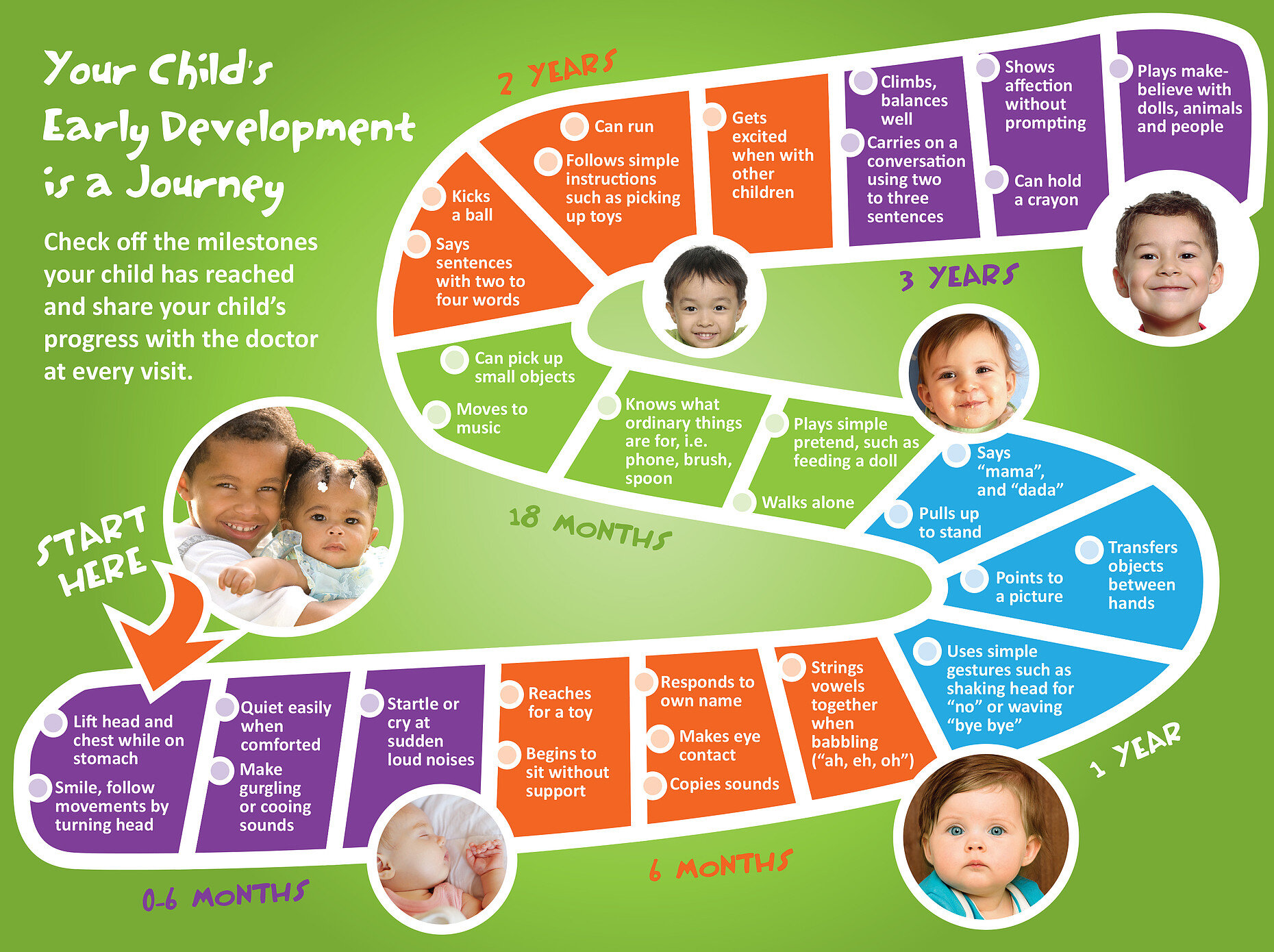Article 3: Concerns about your child’s development? Don’t wait!
Many emotions surface for parents who notice that their child is behaving differently from other children. Some parents become anxious that the difference is due to something they have done. Some worry that other children will not want to play with their child, or that other parents will exclude their family from social activities. These feelings sometimes cause parents to wait to bring up concerns with their primary care provider.
For many in the Vietnamese community, time and language also conspire to delay parents seeking help. Busy parents who work long hours may put off talking to their doctor about their concerns, hoping the child will grow out of the issue. Bilingual families may attribute a delay in speaking to using two languages at home, or learning language from the television. Early diagnosis of differences is really important and therapy can help children catch up and be ready for kindergarten.
LeVinh Tran, patient navigator at HopeCentral Pediatrics and Behavioral Health, encourages Vietnamese families to bring up concerns with their doctor or with their teachers at school. “If it helps you express your concerns, ask for an interpreter, “she urges. “Don’t just wait for the child to grow out of it, or take other people’s advice that it will get better on its own. Ask for an evaluation by a specialist, like a speech therapist if the child is not talking.” Dr. Thanh Kirkpatrick, a Pediatrician and director of VFAAB, echoes this encouragement. “If your child is sick, parents do not hesitate to ask for help or see a specialist. It is the same for developmental delays. There are therapies that help children overcome the delays, and there is no shame in asking for help.”
Minh (not his real name) and his wife went to their pediatrician for help when his 4-year old was kicked out of preschool. “When my son was two, he loved to line up cars or objects around him for hours. He got upset every time we took a different route to Costco. It was hard for him to accept any changes [in routine]. We noticed, but were not worried at the time as he interacted with us, showed love, and did what we asked him to do. We did not know much about autism.” His son was evaluated and started in developmental preschool and speech therapy, and has improved. When his younger brother was two, his parents noticed similar symptoms and asked for an evaluation right away and enrolled in a Birth to Three therapy program.
Parents can turn to a number of public resources to learn about child development. The Centers for Disease Control (cdc.gov/milestonetracker) encourages families to “Learn the signs, Act early” using the free resources on their website. You can download a free milestone tracker app to your phone (cdc.gov/milestonetracker), but unfortunately this resource is not yet in Vietnamese. VROOM, another application and web resource, offers brain building exercises for parents and children to do together, applying brain science to everyday life. From birth to three years old, the brain grows rapidly, making thousands of new connections. For some children, a learning process gets stalled during this period. Early intervention therapies take advantage of the toddler brain’s great capacity to rewire, and provides a structured way for children to learn a skill a different way. Waiting to start therapy until a child is older misses this natural window of opportunity and may affect acquisition of other new skills. The good news, though, is that the human brain retains the capacity to learn and grow throughout the lifespan. Even therapies started after 4 years of age can improve children’s experience and success in school.
Early therapies are particularly critical for children with Autism. Children with Autism often experience a constellation of developmental delays. Impairments in social communication affect the way they relate to and communicate with others. They often struggle with reading facial expressions, using and interpreting gestures, making eye contact, and having a back and forth conversation. Some children also experience speech delay, using very few words. Children with Autism may be later to toilet train, later to learn to feed or dress themselves, pickier in their eating habits and have lots of trouble sleeping. They may also have more trouble controlling their own emotions and may react in surprising ways to ordinary situations. This can result in events in public that feel embarrassing to parents.
Different therapy approaches can help each of these situations. Applied Behavioral Analysis (ABA) is a cornerstone therapy for children with Autism, helping children build basic skills to navigate their daily lives. Speech therapists help children to use alternative forms of communication, like pictures or computer apps when verbal expression is difficult. Occupational therapists help children work on activities of daily living, like eating and toileting, as well as learning how to modulate emotional responses. Developmental preschool provides a rich learning environment for children with developmental delays, incorporating therapeutic principles into classroom teaching.
Therapies require parent involvement, especially for young children, sometimes as many as 20 hours a week. The responsibilities of being parent, teacher and therapist all at once can feel heavy for many parents. Attending therapy sessions often requires that parents work less, placing financial strain on the family. Parents report feeling isolated, lonely. A child’s difficult behavior can keep parents from attending worship services, or social gatherings. Many parents have experienced escalated behaviors during the pandemic time, as the important rhythms of school and therapy for their children have been profoundly interrupted. Minh encourages parents along this difficult road, “Be optimistic, enroll in Birth to Three programs, ABA, DDA and other resources available to support our children. Remember you are not alone and take care of yourself too.”
What can you do? We hope these articles will help stimulate the community to regard families of children with developmental delay with compassion and deep respect. Community support without judgement can make a huge difference to families as they go about their daily lives. From a helping hand in the grocery store to patience in the face of an unanticipated temper tantrum, all help to make our community a more welcoming and accepting place for families of children with developmental delay.
Next week: One family’s story

